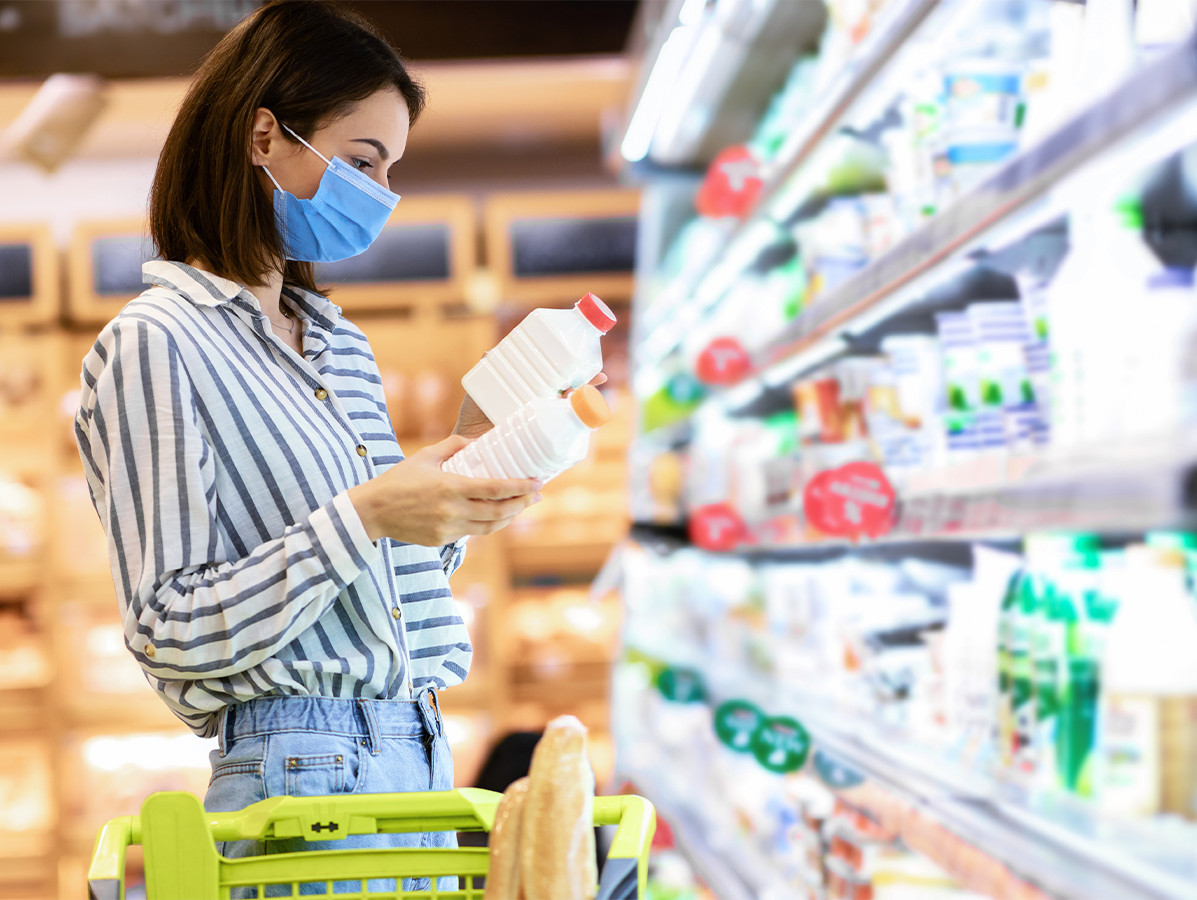
A majority of German consumers trust that imported food from the Netherlands is safe, according to research by ABN AMRO, conducted by Panelwizard. That confidence is lower when it comes to how sustainably these products have been produced. The Dutch food sector depends on countries other than the Netherlands for approximately half of its sales. The most important exporting country is Germany. Annually, around 10 billion euros worth of Dutch food products, such as tomatoes, dairy products, peppers and eggs, go to our eastern neighbors. And that amount is increasing every year. How German consumers view Dutch food products is therefore important for many food producers in the Netherlands.
More than half of German consumers have (great) confidence in the food safety of products from the Netherlands. Only a minority of 12 percent have no or little confidence and think that products from our country can harm their health, they cite the use of plant protection products and the high cultivation content as reasons, among others. German consumers have more confidence in products from their own country, followed at a close distance by products from France.
Less than half of German consumers have (much) confidence that Dutch food has been produced sustainably. The Netherlands does not stand out exceptionally positively or negatively in this respect compared to Belgium and France, the two other EU countries included in this study. Among German consumers, 72 percent consider it somewhat to very important that the food and drink they buy is sustainable.
German consumers are nevertheless most confident that products from their own country pose the fewest health risks, and 62 percent are (very) confident that food from their own country has been produced with consideration for people, the environment and animals. This is in line with the trend where consumers prefer a short, regional food chain with few links from farm to fork.
As much trust as German consumers have in products from their own country, that trust is much lower in products from a number of countries outside the EU. German consumers are quite suspicious of food products from China, Brazil and South Africa. China in particular is distrusted. Consumers in the survey have little faith in Chinese food standards and control mechanisms. Reference is also made to the Covid-19 outbreak and the country's relative closed-mindedness when it comes to communicating about health and sustainability. German consumers are also critical of food safety regulations and enforcement in Brazil and South Africa.
Through Dutch wholesalers and manufacturers, food and raw materials from those three countries also go to Germany. The share of re-exported foodstuffs to Germany has increased in recent years. This makes it even more important for suppliers to get a better grip on the safety and production conditions of import flows and which checks are carried out. Because in Germany, too, there is an increasingly strong call from civil society organizations, consumers and governments for the food chain to be made more sustainable and transparent.
To improve the safety and sustainability of food, the EU adopted a law in early 2020 that requires suppliers of a number of products to indicate the country of origin on the packaging. The EU's recent Farm to Fork strategy expresses the intention to expand the number of products to which this applies. The corona crisis may accelerate this development.
Dutch companies can win over German consumers with greater transparency and by responding to specific needs of the German market. For example, because of EU legislation, European member states already have very little genetically modified food, but the Germans have an extra safeguard for this in the so-called 'Ohne Gentechnik' logo on products. Also, 50 percent of German consumers prefer organic to conventional (fresh) products, an above-average number. In addition, it is becoming more important to substantiate with data where and under what conditions food was produced. For example, it is likely that within five to ten years the environmental impact of products, for example in terms of CO₂ emissions, will be stated on food packaging. For companies, such a step can be an incentive to further reduce these impacts.
The strong focus on the origin of products also means that German companies will select their foreign suppliers more carefully, including those from the Netherlands. These suppliers will have to make more clear agreements on sustainability with the parties from whom they in turn purchase, and invest in systems to share production data. It is also important to share this information more actively with buyers and consumers in order to maintain and increase their confidence. If information about countries of origin has to be included more often and more extensively on packaging, this will require more flexibility in suppliers' production systems and lead to additional costs. For example, because the same ingredients - depending on the season, for example - come from various countries across continents and thus lead to an adjustment of the label.
Source: ABN AMRO